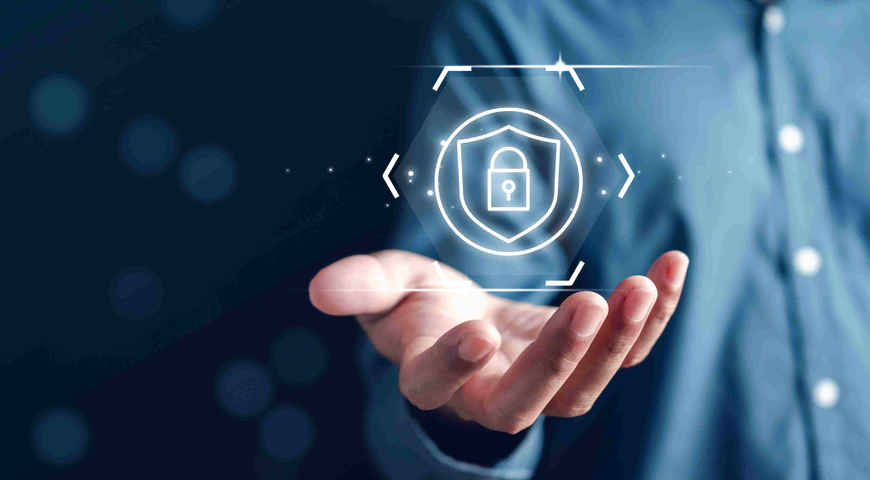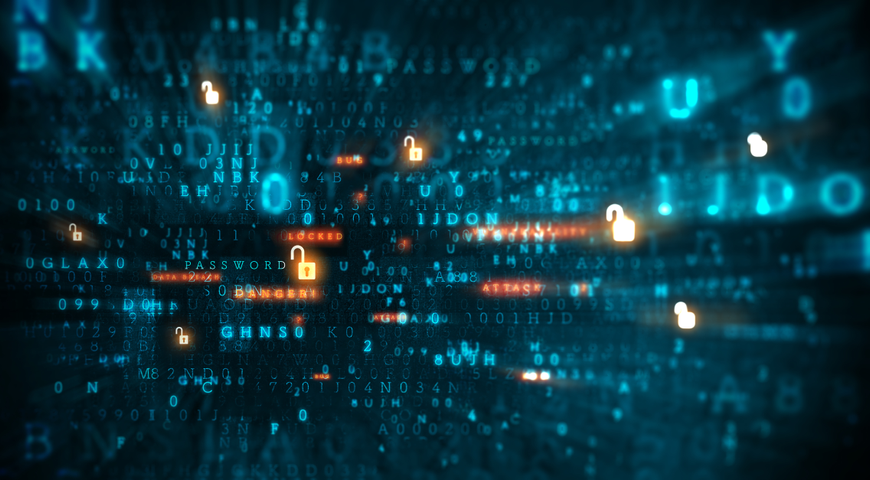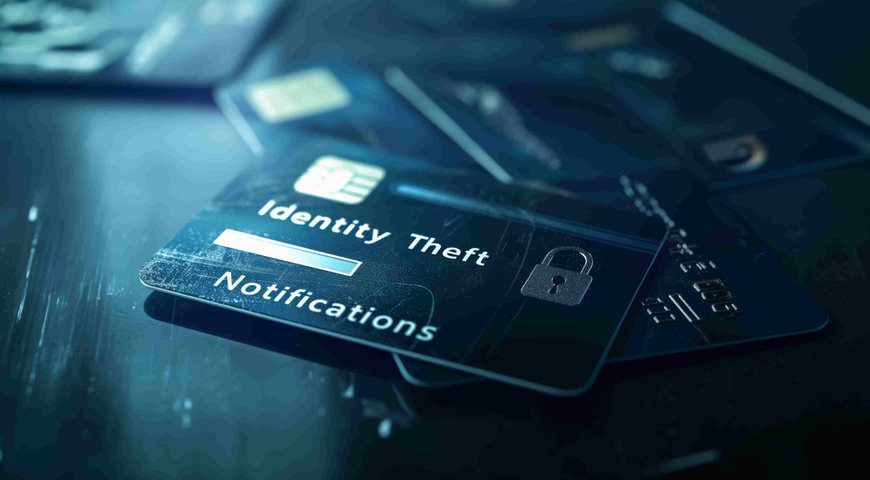Acquisitions, innovations, and cyber-attacks, it’s been a dynamic week in the world of tech.
So what did you miss? An escalation in cyber-attacks, security issues with IoT hardware, new ideas tabled for the future of blockchain, and significant company acquisitions that may have an impact on our digital world for many years to come. So if you missed some of these stories, you’re in the right place.
Reputation damage — companies biggest fear?
A recent study shows that that companies’ greatest fear following a ransomware attack is the impact on their reputation, Dark Reading reports.
The study, published by the International Association of Privacy Professionals (IAAP), gathered some interesting data from more than 100 public companies using their US Securities and Exchange Commission Form 10-K disclosure settlements.
Of the companies studied, 83% identified harm to their reputation as their number one digital risk factor, followed by civil litigation (60%), regulatory enforcement (51%), and remediation (50%).
The obvious concern for many companies is that the effects to a company’s reputation can last long into the future, causing clients and customers to lose trust and look for business elsewhere.
"Trust is the biggest threat because it applies to both the employee and the customer, depending on whose data is being misused or exposed. Once that trust factor is undermined, it can have a ripple effect, leading to financial harm, embarrassment, or drop in employee retention,” said IAPP research director Rita Heimes.
An attack could mean the slow death of a company. Not only will customers look elsewhere, but so will employees and investors.
This is why data protection is so vital, and businesses need to take the necessary steps to ensure that their data is protected against cyber attacks. Otherwise, they could be closing their doors for good.
RELATED: The Monster Under Your Bed Is Real, and Its Name Is Ransomware
Should Congress regulate the security of IoT devices?
The Institute for Critical Infrastructure Technology, a Washington D.C. think tank, is calling for Congress to make laws regulating the security of IoT devices in the wake of recent mass cyberattacks, according to Threatpost.
The group published a report stating that the recent Mirai malware botnet was able to bring down systems on Black Friday because of manufacturer oversight. The report claims that there aren’t enough security measures in place during the production of internet-connected IoT devices.
“For the sake of lasting impact instead of a market shift that avoids the regulations, national regulation seems most appropriate. State level regulation could prove asymmetric or disastrous to markets and consumers alike. Regulation on IoT devices by the United States will influence global trends and economies in the IoT space, because every stakeholder operates in the United States, works directly with United States manufacturers, or relies on the United States economy,” the report reads.
These attacks are becoming more and more frequent. Devices like CCTV cameras, DVRs, and home routers just a few of the IoT devices hacked in recent weeks. And the lack of regulation throughout the manufacturing process seems to be the biggest point of weakness.
Microsoft acquires LinkedIn
It’s official: Microsoft is now the proud owner of the popular social media site for professionals, LinkedIn.
After its initial announcement back in June, the deal was met with resistance, requiring approval from regulators in the U.S., Brazil, Canada, and South Africa, VentureBeat reports.
The acquisition is one of the biggest in tech history, and the largest in Microsoft’s history, surpassing its takeover of Skype in 2011.
“This is a major milestone for the company, one that we believe will accelerate how we connect the world’s professionals to make them more productive and successful,” said LinkedIn CEO Jeff Weiner.
Both companies are excited about this merger and the expected synergy that will come from it. There are already plans for integrating LinkedIn into Microsoft Microsoft 365, allowing users to make changes to their résumés using a Word document, which will be reflected automatically in their LinkedIn profiles.
“For our members, the LinkedIn that you use to advance your career, find jobs, build your network and stay informed is only going to get better. We’re going to focus on how we leverage Microsoft’s impressive scale and innovation to create more value for all of you,” Weiner continued.
Blockchain — the technology of the electoral future
Blockchain has long been considered a technology of untapped potential, and recent innovations continue to prove this to be true. Future applications of blockchain technology in elections may be one step closer this week.
A blockchain voting project has just won $10,000 in a contest, according to CoinDesk. The project is called Votebook, and it proposes connecting a system of voting machines through blockchain. The connected technology would allow voters to verify that their votes were counted and not tampered with.
Here is the project pitch:
“Votebook not only satisfies the requirements of an acceptable voting system, it is also realistically feasible immediately, with minimal disruption of voter expectations. We can and should harness the power of blockchain technology to serve democracy today.”
This is a perfect way to use blockchain technology to increase transparency and ensure that the votes being cast are being counted. At this stage it is still just an idea, but the money won in the contest will be put towards turning this idea into a reality.
REALTED: What is Blockchain?
Las Vegas, a haven for ransomware
What happens in Vegas, stays in Vegas — unless you’re hit by a ransomware attack.
A new study by Malwarebytes says that Las Vegas is hit by more ransomware attacks than anywhere else in the U.S., according to PC Magazine.
Malwarebytes analyzed more than 500,000 incidents of ransomware to identify the top 10 cities where these attacks occur most frequently. Las Vegas was number one in the categories of overall ransomware detections, detections per individual machine, and detections per capita.
Las Vegas saw 300 times more attacks than the number 10 city: Fort Wayne, Indiana. Las Vegas also had 50 times the average attack levels out of the top 40 cities hit most by ransomware.
Coming in second was Memphis, Tennessee, followed by Stockton in California, Detroit in Michigan, and Toledo in Ohio.
"The results of our research show that cybercriminal gangs have already saturated both the rural and urban US populace with ransomware, yet they are constantly improving their tactics, execution and business model to evade detection by current solutions. With millions of dollars being handed over to cybercriminals, ransomware will only increase in prevalence,” said Malwarebytes Head of Malware Intelligence Adam Kujawa.
RELATED: What is Ransomware?
About Acronis
A Swiss company founded in Singapore in 2003, Acronis has 15 offices worldwide and employees in 50+ countries. Acronis Cyber Protect Cloud is available in 26 languages in 150 countries and is used by over 20,000 service providers to protect over 750,000 businesses.



